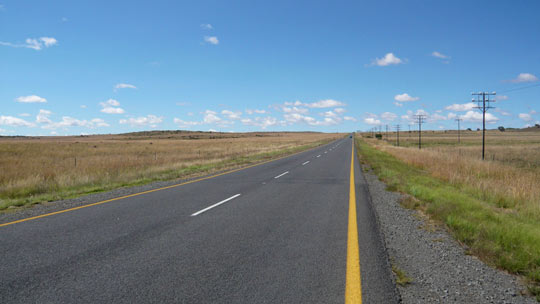With movement on my horizon and after talking with a couple of writers this week about necessary scenes in stories, it naturally led me to a meditation on movement in writing.
Movement propels the story forward. Anything that isn’t directly moving your story ahead may mean you are bogged down in unnecessary details. When I'm on a road trip and get side tracked due to construction or detours, it isn't moving me forward on my journey.
Many beginning writers focus on showing us every detail and making each character connect to the story. However, effective storytelling doesn’t need these details. As a reader I skip this kind of writing. As an editor, I caution writers against it. On my road trip I have a destination in mind and want to get to the next important stop.
The following fictional example of letter writing illustrates this point: I write a letter/email to a friend and say I went to dinner with John. My letter reading friend can assume I called John, decided where to meet, when to meet, who was driving, what we ordered, what the waiter said, and all these details without me spelling them out in my letter. I can then skip to the relevant information of the dinner in which John told me he planned to divorce his wife.
In the above example if I stopped and spent two pages telling how we got to dinner, something important should happen along the way to move the story forward. Perhaps I used those two pages to show John’s reluctance to talk and added tension before the big reveal. That could work. If I didn’t do that and just gave the details, the two pages can be cut.
Each scene in your story should add to either plot or characterization. Cut the chatter. You want to make your story realistic, but that does not mean real.
If you are showing character or plot elements which might not be readily apparent, but is needed background for the story’s progression down the road, keep the scene. Readers can be patient if they see little pay-offs along the way. I am patient on my road trip if we stop for a purpose-especially if it's entertaining.
A note to pantsters: Because you didn’t plot more than a couple scenes ahead, you sometimes use filler chat as your characters tell you what happens. That is fine for your first draft, but be sure you go back and cut it in revision.
Some questions to ask: What is the objective of this scene, conversation or description? What’s the important part? Is there anything that can be cut to make it more relevant? Is this scene important to move my plot and characters forward?

 RSS Feed
RSS Feed
